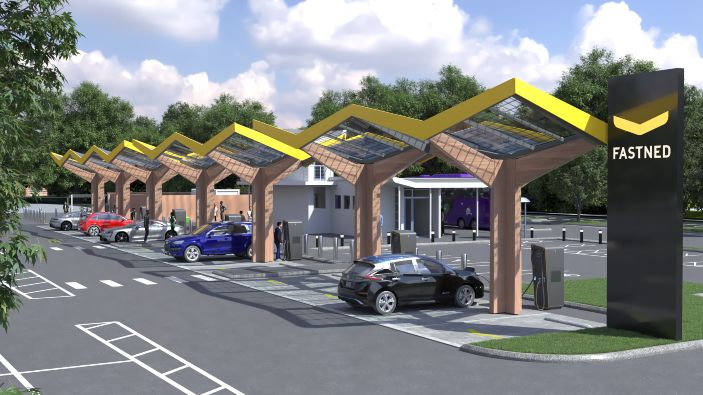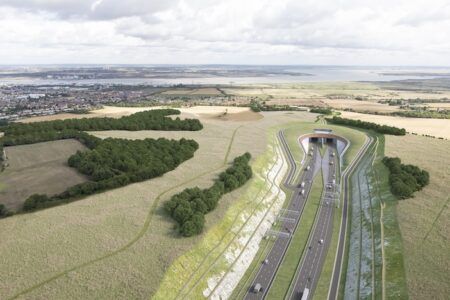A partnership between Pivot Power, part of EDF Renewables, and Wärtsilä will see the development of two new grid-scale battery storage facilities in the UK’s West Midlands. The aim is to accelerate the drive towards net zero in the region and across the UK. The projects, which are located in Coventry and Sandwell, will collectively provide 100MW/200MWh of battery storage – enough to power over 200,000 homes for two hours[1].
This is the latest phase of Pivot Power’s nationwide rollout of Energy Superhubs, designed to deliver up to 2GW of transmission-connected battery storage and high-volume power connections to support more renewables and create the power infrastructure for mass-scale, rapid electric vehicle (EV) charging.
Once complete, the new Energy Superhubs will form part of a portfolio of Britain’s most powerful EV charging sites. Pivot Power’s first project – Energy Superhub Oxford – is nearing completion and will provide a blueprint for towns and cities across the UK to cut carbon and improve air quality. It is backed by funding from UK Research and Innovation (UKRI) and integrates rapid EV charging, battery storage, low carbon heating and smart energy management technologies to save 10,000 tonnes of CO2 every year once opened. This is the equivalent to taking over 2,000 cars off the road, increasing to 25,000 tonnes by 2032.
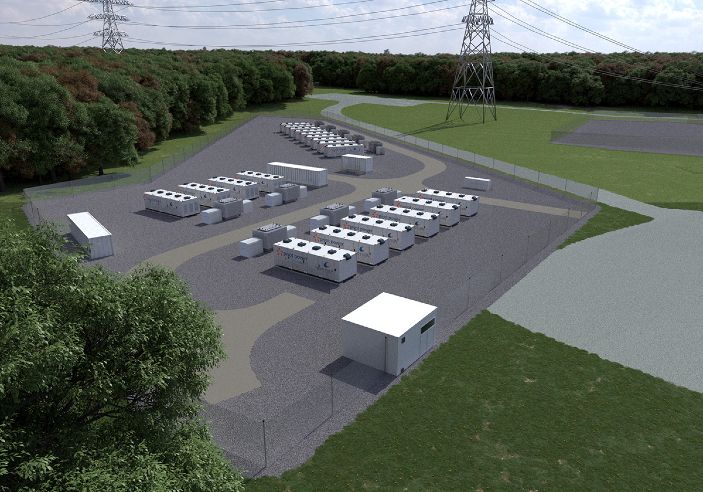
Wärtsilä will supply the cutting-edge battery technology for both West Midlands projects, underpinned by its GEMS Digital Energy Platform, which dynamically optimizes energy systems through a broad range of applications, providing critical feedback to stakeholders across asset owner, operation and trading value chains.
Battery storage is crucial to meet the Government’s 2050 net zero climate change targets, providing flexible capacity to enhance the reliability of our electricity system and cost-effectively integrate more renewable generation. Pivot Power’s network could provide almost 10% of the battery storage the UK will need by 2050[2]and will help to create a smarter, more flexible grid which could save up to £40 billion (US$55 billion).[3]
“This is the next step in our nationwide rollout of Energy Superhubs, which will create the low carbon infrastructure needed to support the EV and renewable energy revolution,” says Matt Allen, CEO of Pivot Power. “As part of EDF Renewables, Pivot Power’s purpose is to accelerate a net zero future where clean energy powers our lives. We are working hand in hand with local authorities to help them meet their climate and clean air pledges, so people can live and work in cleaner, more sustainable cities.”
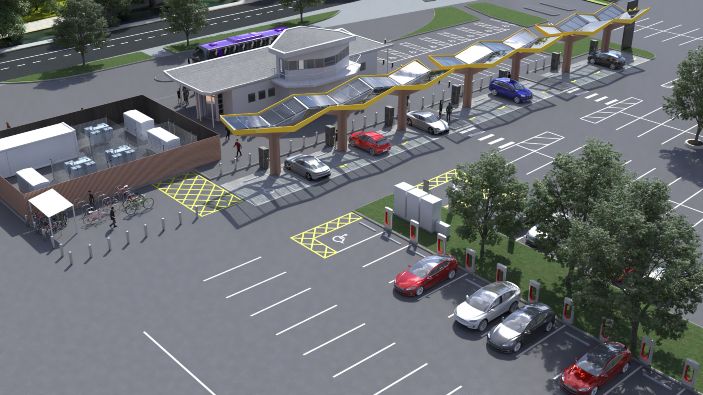
“The UK recently set a bold ambition to slash carbon emissions by 78% by 2035 and flexibility is the key to achieving 100% renewables and decarbonising the economy,” adds Andy Tang, vice president, energy storage & optimisation, Wärtsilä. “Our energy storage systems are helping leading innovators like Pivot Power turn these ambitions into reality. The enhanced flexibility this project will provide is precisely what we need to accelerate our cost-optimal pathway to 100% clean power.”
The path to net zero
At both sites the battery storage systems will share their connection to the high-voltage electricity transmission network with a high-volume power connection. This will deliver large amounts of power for rapid EV charging to strategic locations in the local area, from public charging hubs to bus depots and commercial fleets. For example, in Oxford it will deliver up to 10MW of power to the UK’s largest public charging hub at a Park & Ride on the outskirts of the city, with plans to expand to bus and council depots in the near future.
Rolling out charging infrastructure for electric vehicles at scale is critical to help the West Midlands meet its target to be zero carbon by 2041. Pivot Power is developing its Energy Superhubs in partnership with Coventry City Council, Sandwell Council and West Midlands development agencies, to maximize impact and deliver world-leading urban decarbonization projects. The batteries are the first phase in their rollout, which will help ensure clean, affordable and secure electricity supplies for both Coventry and Sandwell as polluting coal and gas-fired power stations close and more clean energy is brought onto the grid.
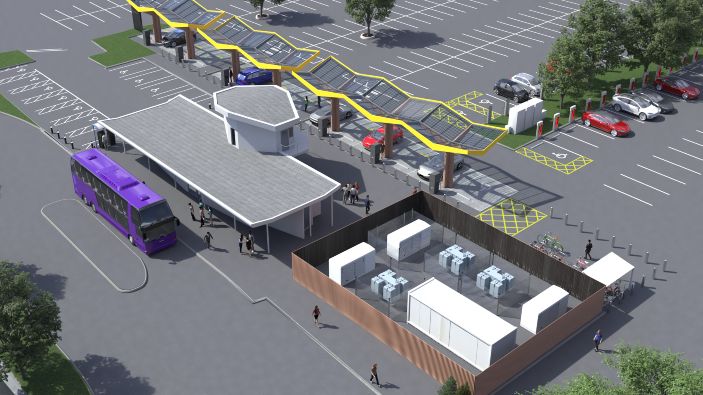
Pivot Power’s Energy Superhubs are all located alongside National Grid substations and have been selected for proximity to major road networks and urban populations. In consultation with local councils, Pivot Power has undertaken a range of detailed environmental studies to ensure that no significant effects will arise from the facilities. The sites are well screened and will have minimal visibility from public viewpoints. Construction of the battery storage systems is due to commence at Sandwell in Q4 2021 and at Coventry in Q1 2022.


